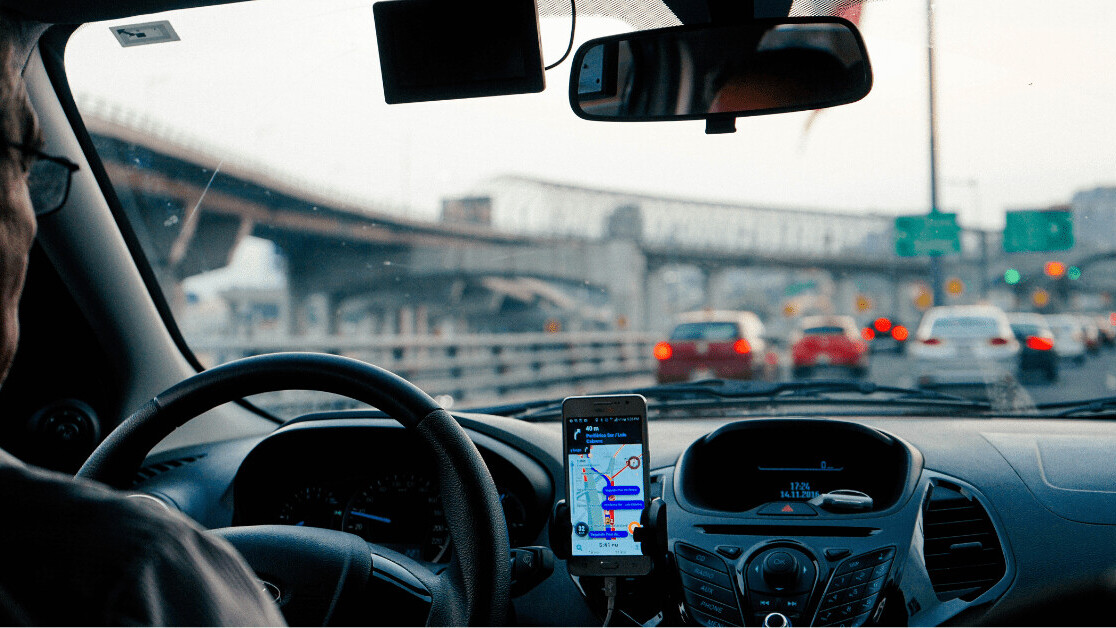This article was originally published by Christopher Carey on Cities Today, the leading news platform on urban mobility and innovation, reaching an international audience of city leaders. For the latest updates follow Cities Today on Twitter, Facebook, LinkedIn, Instagram, and YouTube, or sign up for Cities Today News.
Uber hands thousands of vital ‘pieces of intelligence’ to UK authorities each year, complying with over 2,000 requests for data in the capital alone last year.
The information emerged at a London court in September as the ride-hailing company fought to regain its license to operate in the city. The final decision was made on 28 September that Uber would be granted its license.
Concerns have been raised as to the exact nature of the data shared with authorities, and whether this was been leveraged by Uber to support its case for a license.
James Farrar, General Secretary of the App Drivers & Couriers Union, which represents thousands of ride-hailing drivers across the UK, said he was “deeply concerned” about the levels of surveillance and intelligence-gathering on the Uber platform.
Back in September, Farrar said: “With Uber’s license hanging by a thread, the rideshare giant is particularly vulnerable to undue pressure from police and regulatory authorities to compromise the personal data protection rights of their drivers, couriers and passengers.”
The union made specific reference to a letter put before the court that was sent in March on behalf of the National Police Chief’s Council to then Transport for London (TfL) Commissioner Mike Brown, which outlined how Uber helps law enforcement agencies in their ability to tackle drug dealing, human trafficking and child sexual exploitation, and how this ability would be hindered if it lost “data and support” from the ride-hailer.
Politicians have also raised concerns, with the UK’s former Brexit Secretary and MP David Davis posting on Twitter: “It is incredibly worrying that Uber has been sharing information with police forces, seemingly without warrants being in place.”
He went on to say that he plans to table parliamentary questions to the Home Office and freedom of information requests to police forces around the country seeking further information.
In a statement to Cities Today, an Uber spokesperson said: “Uber takes safeguarding all users and their personal data extremely seriously. Our Law Enforcement Response Team responds to every data request in line with our policies, applicable privacy laws and private hire regulations.”
Legal battles
Uber’s battle to operate in London has a long history. It lost its license in 2017 after TfL raised a number safety concerns, including how the company reports crimes, and obtains medical certificates and performs background checks on its drivers.
In 2019, it refused to grant Uber a new license, saying that it had continued with a “pattern of failures” over the safety and security of how its platform operates.
Despite having no official license, the firm has been allowed to carry on as normal while the litigation process continues.
Last week’s court hearing heard how “mistakes were made” by Uber over a software glitch that allowed more than 14,000 trips to be carried out by drivers who faked their identity on the app, meaning those journeys were uninsured and, in some cases, trips were with unlicensed drivers.
Gerald Gouriet, a lawyer representing the London Taxi Drivers’ Association told the court that Uber had covered up the issue, a claim refuted by Uber’s legal counsel, who said only 24 drivers exploited the glitch and that the problem was “not endemic or widespread” and has now been resolved.
While the court decided Uber could operate in London, the rideshare company faces challenges on other fronts.
In California, the firm is still fighting AB5, the legislation brought into effect in January that requires gig-workers to be recognized as employees and paid appropriate benefits.
Data has also been a sticking point in Uber’s dispute with the Los Angeles Transportation Department over the mobility data specification, which requires e-scooter operators to provide real-time data to the city.
SHIFT is brought to you by Polestar. It’s time to accelerate the shift to sustainable mobility. That is why Polestar combines electric driving with cutting-edge design and thrilling performance. Find out how.
Get the TNW newsletter
Get the most important tech news in your inbox each week.







